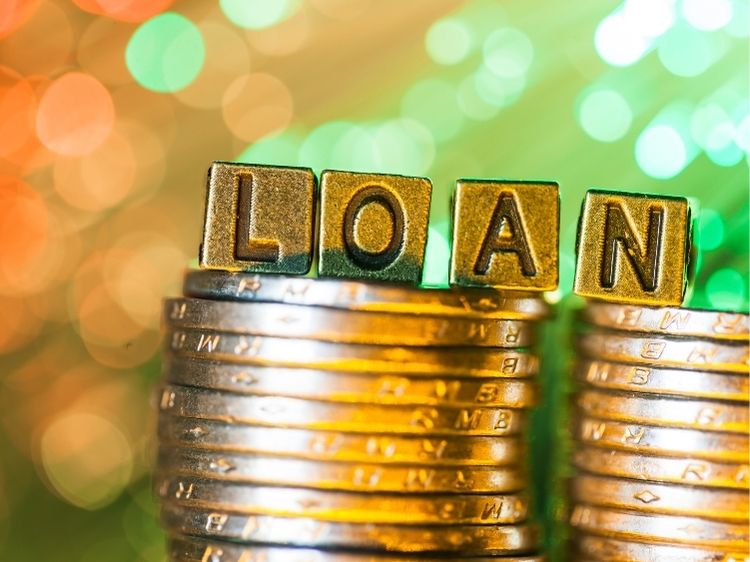Why Car Loan Rates Matter
So, you’re in the market for a new car and planning to finance it? Navigating car loan rates is crucial if you want to avoid overpaying on interest. But what exactly are car loan rates, and how can you snag the best deal? Buckle up—we’re breaking down everything you need to know about car loan rates in 2024, from how lenders calculate them to the factors that influence your rate. Whether you’re a first-time buyer or refinancing, this guide will help you get a better handle on car loan rates and set you on the path to smart car financing.
What Are Car Loan Rates?
Car loan rates, simply put, are the interest percentages that lenders charge on auto loans. These rates determine how much extra you’ll pay on top of the vehicle’s price. The lower the rate, the less you pay in interest over the life of the loan. However, car loan rates are not fixed; they vary by lender, your credit score, loan term, and even current economic conditions.
Factors Influencing Car Loan Rates
Understanding the factors that impact car loan rates can help you take control of the financing process. Here’s a rundown of the key components:
- Credit Score
Your credit score is one of the most significant factors in determining your car loan rate. Higher credit scores typically lead to lower interest rates, as lenders see you as less of a risk. - Loan Term
Loan terms can range from 24 to 84 months, with longer terms generally carrying higher interest rates. While extending your term may lower your monthly payment, it often results in paying more interest over time. - Down Payment
A larger down payment can lower your loan balance and reduce the lender’s risk, often leading to a lower rate. Plus, it reduces the amount you’ll pay in interest overall. - New vs. Used Car
Lenders sometimes offer lower rates on new cars because they have a more predictable value. Used cars can come with slightly higher rates due to their depreciation and higher risk of loan default. - Market Conditions
Car loan rates also fluctuate based on broader economic factors, like inflation and the federal interest rate. During times of economic uncertainty, car loan rates may increase to protect lenders.
Typical Car Loan Rates by Credit Score
To give you a clearer picture, here’s how average car loan rates can vary depending on your credit score:
| Credit Score Range | Average Rate (New Car) | Average Rate (Used Car) |
| 781-850 | 3.24% | 3.49% |
| 661-780 | 4.21% | 5.59% |
| 601-660 | 7.75% | 10.87% |
| 501-600 | 11.33% | 16.58% |
| 300-500 | 14.97% | 20.67% |
How to Secure the Best Car Loan Rates
With the knowledge of how car loan rates work, here are some tried-and-true steps to get the lowest possible rate:
- Boost Your Credit Score
Before applying for a car loan, check your credit report. Pay down existing debt, correct any errors, and aim to make on-time payments. Even a small improvement in your score can lead to better rates. - Shop Around for Lenders
Not all lenders offer the same rates. Compare car loan rates from banks, credit unions, and online lenders to ensure you’re getting the best deal. Some credit unions offer particularly competitive rates for members. - Choose a Shorter Loan Term
Although shorter terms result in higher monthly payments, they often come with lower interest rates. You’ll save on interest in the long run, which makes it a better financial choice if you can afford it. - Make a Large Down Payment
By putting down more upfront, you reduce the loan amount and minimize the lender’s risk. This approach can often secure a better rate and reduce your monthly payments. - Consider Pre-Approval
Getting pre-approved for a loan gives you a better idea of the rates you qualify for, even before stepping into a dealership. Plus, it gives you more negotiating power.
Car Loan Rates for New vs. Used Cars
Car loan rates can vary quite a bit depending on whether you’re buying a new or used vehicle. Here’s how they typically stack up:
- New Car Loan Rates: Generally lower, often ranging between 3-7% for borrowers with good to excellent credit.
- Used Car Loan Rates: Usually higher due to greater risk and depreciation. These can range from 5-10% for similar credit scores.
While new cars have the advantage of lower rates, it’s essential to consider the total cost over the loan term. If the lower rate is only available on an extended loan term, you might still pay more in the long run.
Bullet Points for Easy Reference: Tips to Lower Your Car Loan Rate
- Check Your Credit Score Before Applying: This way, you’ll know what rates you might qualify for.
- Opt for a Shorter Loan Term: It lowers your rate and helps you pay off the car faster.
- Make a Large Down Payment: The more you pay upfront, the less risk for the lender.
- Compare Multiple Lenders: Rates can vary greatly across banks, credit unions, and online lenders.
- Consider Buying New: New car loans generally have lower rates than used ones.
FAQs About Car Loan Rates
- What’s considered a good car loan rate in 2024?
A rate of 3-5% for a new car is generally considered good for borrowers with strong credit scores. Used car rates tend to be higher, averaging around 5-7%. - How much does my credit score impact my car loan rate?
Your credit score has a significant impact on your rate. Those with higher scores get better rates as they’re seen as lower-risk borrowers. Improving your score by even a few points can make a noticeable difference. - Are car loan rates negotiable?
Yes, you can often negotiate car loan rates, especially if you have a pre-approval from another lender. Show the dealer that you’re a well-prepared buyer, and they might lower the rate to close the deal. - How can I calculate my monthly payment based on my car loan rate?
Most lenders and financial websites offer loan calculators. By entering your loan amount, term, and rate, you can estimate your monthly payments. - Can I refinance my car loan for a better rate later?
Absolutely! If rates drop or your credit score improves, refinancing could lower your rate, which reduces your monthly payment or shortens your loan term.
Summary: Navigating Car Loan Rates with Confidence
When it comes to car loan rates, understanding the details can save you a bundle. Remember, a lower rate means more cash in your pocket over time. Keep an eye on your credit score, shop around for the best deals, and consider the loan term carefully. While financing a car might seem daunting, taking these steps ensures you’re making the smartest financial decision possible.
If you’re ready to start, don’t hesitate to check out reputable financial institutions and credit unions, which often have competitive car loan rates. With the right approach, you’ll drive away not just with a new car but with peace of mind, knowing you secured the best deal.


